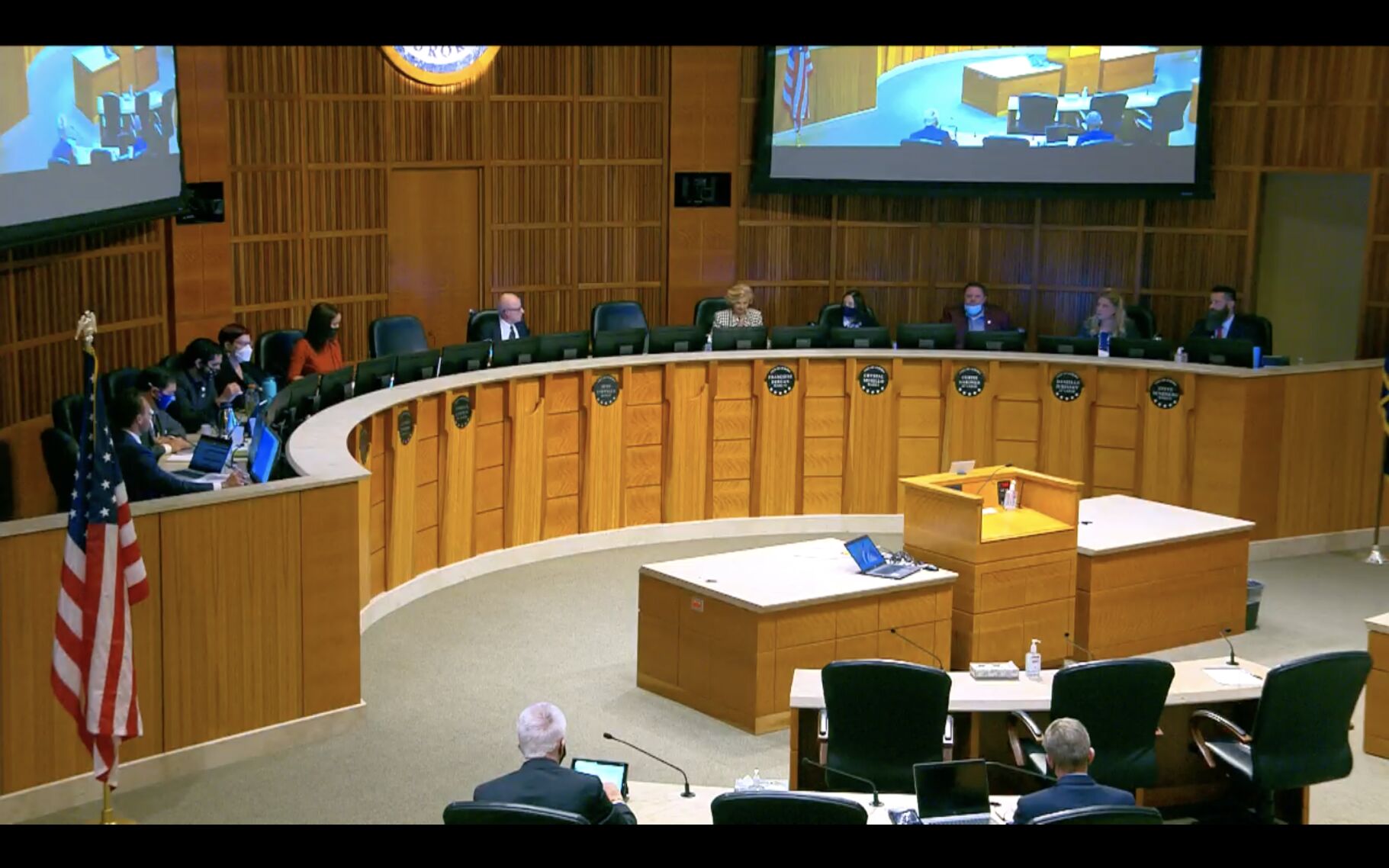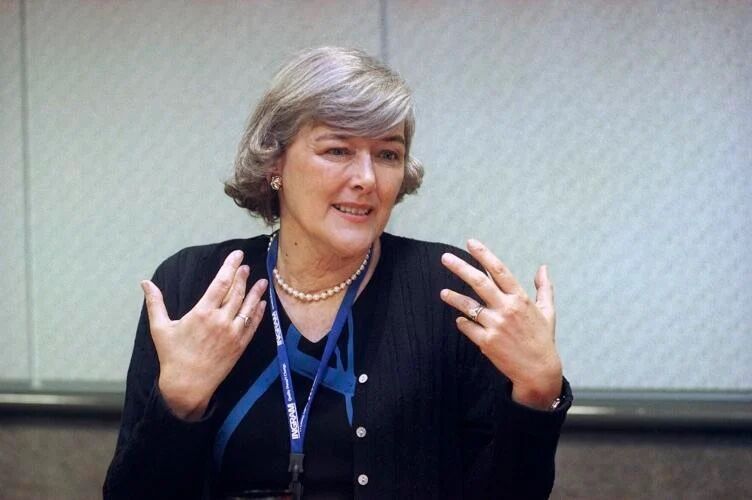Aurora council delays homelessness vote

The vote on a proposal to overhaul Aurora’s approach to reducing homelessness was delayed Monday night after council clashed over a series of proposed changes.
Mayor Mike Coffman has been putting together a resolution that directs the city manager to forge a new “comprehensive approach” to addressing homelessness in the city. A key part to the proposal has been its incorporation of “work-first” principles and conditions people would need to abide by to access housing supports beyond emergency shelter.
The plan also calls for building a campus on city-owned land where housing and supportive services could be located at a one-stop-shop facility – possibly to the tune of $50 million.
But Councilmember Juan Marcano brought forward a list of 17 proposed amendments to the resolution on Monday. Discussion escalated into fiery debate, until Councilmembers Curtis Gardner and Danielle Jurinsky put it to a stop.
“This is absurd,” Gardner said.
The councilmember asked why a resolution with so many amendments had come before council for a vote, instead of working its way through committees, or being finetuned into a more polished resolution for council’s consideration.
Councilmembers Marcano, Dustin Zvonek, Mayor Pro Tem Francoise Bergan and Coffman were among the voices debating not only the resolution before them but various models for reducing homelessness, which council has been researching in recent weeks. Marcano has been a proponent for housing first models while Zvonek is fierce critic, and has advocated for a similar strategy to that proposed by Coffman.
Jurinsky scolded the councilmembers, saying “we’re not going to sit here and put the public through 16 amendments and this back-and-forth ping pong” as the group approached an hour of deliberation with 14 amendments to go. She also nodded to the potential political consequences of Marcano’s proposed amendments, and Coffman’s openness toward them.
“At this point if the mayor is willing to risk accepting all of these friendly amendments, he’s willing to risk several votes on this council,” she said.
Marcano had requested the removal of some references to conditional-programming in the resolution, as well as a reference to employment-based programming. Marcano has consistently urged council to avoid making housing services conditional on people enrolling in supportive services or workforce development programs.
Conditional services are only barriers for people, he said. Echoing Coffman, Marcano said the city cannot force people with addiction or mental illness to seek treatment.
Bergan is an ardent supporter of conditions. People who are using drugs such as fentanyl or heroin should not receive housing and face no consequences for their substance use, the mayor pro tem said. Requiring people who need treatment to receive it should be a condition for transitional housing, she said, calling it the more compassionate approach.
“If you don’t have conditions, you are not helping people to be really self-actualized,” she said.
Coffman had not seen the amendments as substantive changes to the proposal, he said, but Bergan said that’s exactly what they were.
“I think you are self-sabotaging yourself,” Bergan.
Councilmember Steve Sundberg believed the amendments would remove “the bite out of your proposal,” he told Coffman.
Councilmember Alison Coombs asked council to consider the amendments, and not see them as Coffman caving but instead compromising, and “rising above just plain politics.”
“The way that this conversation is going is exactly the kind of political football sort of approach to the issue that is going to get in the way of moving forward,” she said.
The resolution is now slated to return for the council’s next regular meeting in two weeks’ time.
“This is a major policy. It needs to move forward,” Coffman said, noting end-of-year deadlines to seek state grants that could fund a new campus are approaching.














